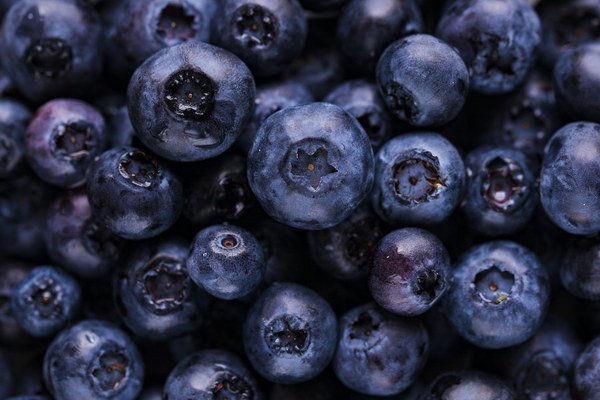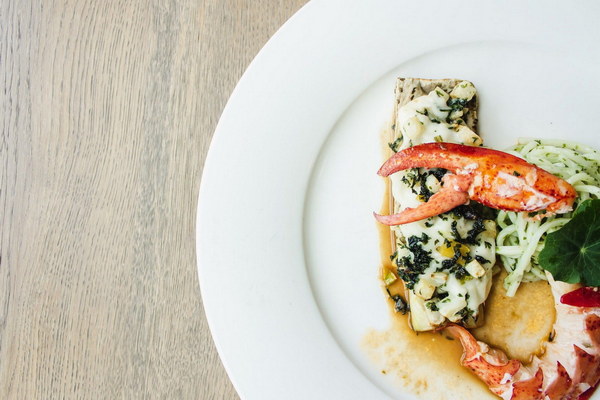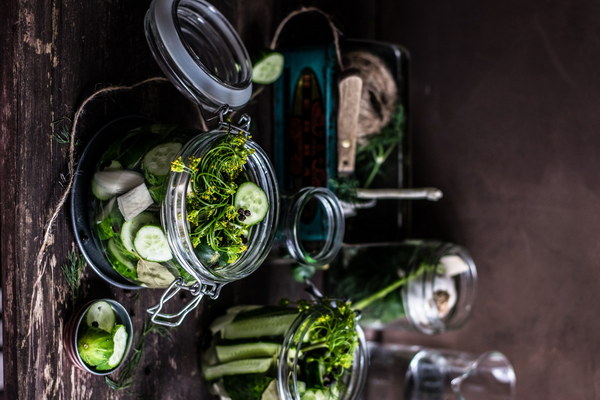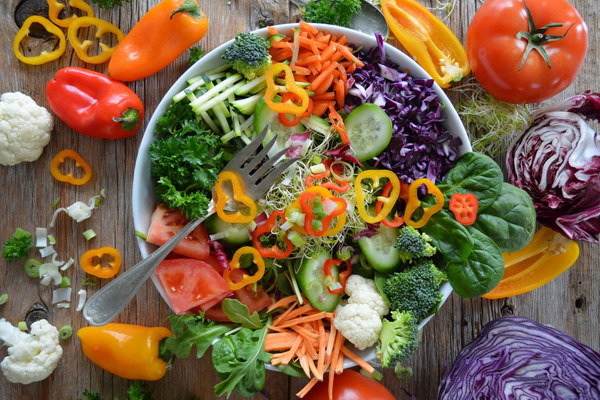The Unconventional Aspect What Does NOT Define Traditional Chinese Medicine Cuisine
Traditional Chinese Medicine (TCM) cuisine, often referred to as yao shan or medicinal food, has been a staple in Chinese culture for centuries. It's a culinary tradition that combines the principles of TCM with ingredients that are believed to possess medicinal properties. While there are many distinct features that define yao shan, there are certain aspects that do not belong to its essence. In this article, we will explore what does not define traditional Chinese medicine cuisine.
One of the most common misconceptions about yao shan is that it consists solely of bitter and unappealing ingredients. While it is true that some medicinal herbs may have a bitter taste, this is not the defining characteristic of TCM cuisine. Many dishes are flavorful and enjoyable, with a balance of sweet, sour, salty, and spicy flavors that cater to the palate.
Another misconception is that yao shan is only for the sick or elderly. This is incorrect; anyone can benefit from TCM cuisine, regardless of age or health status. The focus of yao shan is to maintain health and prevent illness, not to treat specific diseases.
One aspect that does not define yao shan is the use of rare and exotic ingredients. While some traditional Chinese medicine ingredients may be considered rare, such as turtle shells or ginseng, these are not the foundation of TCM cuisine. In fact, many TCM dishes use everyday ingredients that are easily accessible and affordable.

Furthermore, the belief that yao shan is only about eating specific foods is another misconception. TCM cuisine is not just about the ingredients themselves, but also about the way they are prepared and combined. The cooking methods and techniques used in yao shan are designed to enhance the medicinal properties of the ingredients and make them more effective.
Another aspect that does not define yao shan is the idea that it is only for those who are knowledgeable about TCM. While some dishes may require a deeper understanding of TCM to appreciate their full potential, many TCM recipes are simple and straightforward, making them accessible to anyone.
In addition, the notion that yao shan is only about the physical health benefits is another misconception. TCM cuisine also emphasizes the importance of mental and emotional well-being. The act of cooking and enjoying TCM dishes can be a meditative experience, fostering a sense of harmony and balance within the individual.
Lastly, the belief that yao shan is only for people living in China is incorrect. TCM cuisine has gained popularity worldwide, and many people outside of China have embraced its healthful and delicious dishes.
In conclusion, while traditional Chinese medicine cuisine has many defining characteristics, such as the use of medicinal ingredients and the focus on health and prevention, there are certain aspects that do not define it. These include the belief that it is only for the sick, the use of rare ingredients, and the misconception that it is only about physical health. By understanding these aspects, we can appreciate yao shan for what it truly is: a flavorful and healthful culinary tradition that can be enjoyed by anyone, anywhere in the world.









